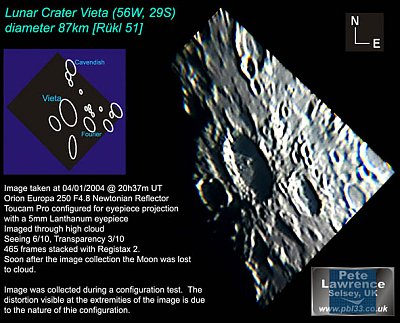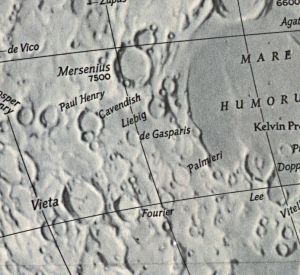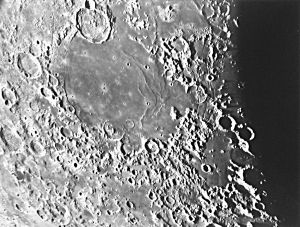
I was out testing my old 10" reflector last night and managed to grab this image though a very slight thinning in the continous cloud layer that seems to be covering the south of the UK at the moment...http://homepage.ntlworld.com/p.lawrence1/newpics/vieta.jpg (shown at left)
Not too sure if this is a valid crater ray or not. What alerted me to the fact that it might be is the similarity between this image and another bone-fide crater ray I managed to image back in October of 2003...
http://homepage.ntlworld.com/p.lawrence1/craterrays.html
Regards,
Pete Lawrence

